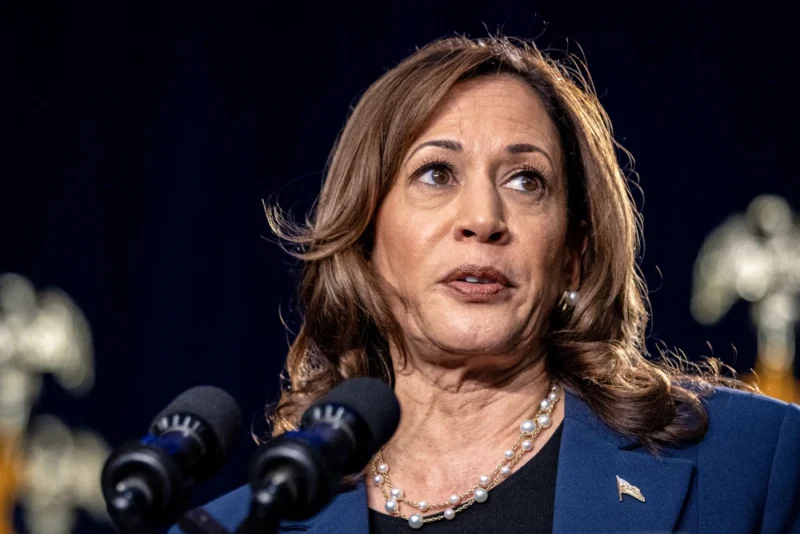When Trump attacks Harris’ racial identity, these Americans say it’s personal
Share
Explore Our Galleries
Breaking News!
Today's news and culture by Black and other reporters in the Black and mainstream media.
Ways to Support ABHM?
By Catherine E. Shoichet, CNN

Sean Webb didn’t expect to be sitting at his keyboard, sharing painful childhood memories.
But that’s what the 35-year-old employment specialist in Denver found himself doing recently.
In a series of Facebook posts, Webb wrote about how invisible he once felt when standardized test forms forced him to select a race by checking just one box. He wrote about the first, harsh moment when he realized others saw him differently than he saw himself – describing how a classmate once berated him with questions insisting he was Chinese or Japanese (He isn’t). And he wrote about the time when his high school civics class once spent an entire period debating whether he was a US citizen (He is).
Webb’s mom is Filipina. His dad grew up in Appalachia. He’s inherited those identities. He takes pride in them. Sometimes, his feelings about them may even go unsaid.
But Webb says he felt like he had to speak out and share his reflections on Facebook after hearing recent remarks from former President Donald Trump. Trump was taking aim at Vice President Kamala Harris before an audience at the National Association of Black Journalists’ annual convention, but his words hit Webb hard.
“Is she Indian or is she Black?” Trump said, falsely claiming his political rival for the presidency “happened to turn Black” a few years ago.
“It felt like a direct attack against me and against other mixed-race people,” Webb says. “Especially his comment that implied that Vice President Harris should have to choose one or the other, and that you can’t be both. That’s my lived experience. You really must be both. Both sides of me inform my experience.”
It’s an experience that an increasingly large number of people in the United States can relate to. Webb, Harris and more than 33 million other multiracial Americans are, by some measures, part of the nation’s fastest growing demographic group. And for many of them, former President Donald Trump’s repeated attacks on Harris’ identity feel particularly personal.
Kamala’s nomination makes Black history.
Follow stories like this in our breaking news section.









Comments Are Welcome
Note: We moderate submissions in order to create a space for meaningful dialogue, a space where museum visitors – adults and youth –– can exchange informed, thoughtful, and relevant comments that add value to our exhibits.
Racial slurs, personal attacks, obscenity, profanity, and SHOUTING do not meet the above standard. Such comments are posted in the exhibit Hateful Speech. Commercial promotions, impersonations, and incoherent comments likewise fail to meet our goals, so will not be posted. Submissions longer than 120 words will be shortened.
See our full Comments Policy here.